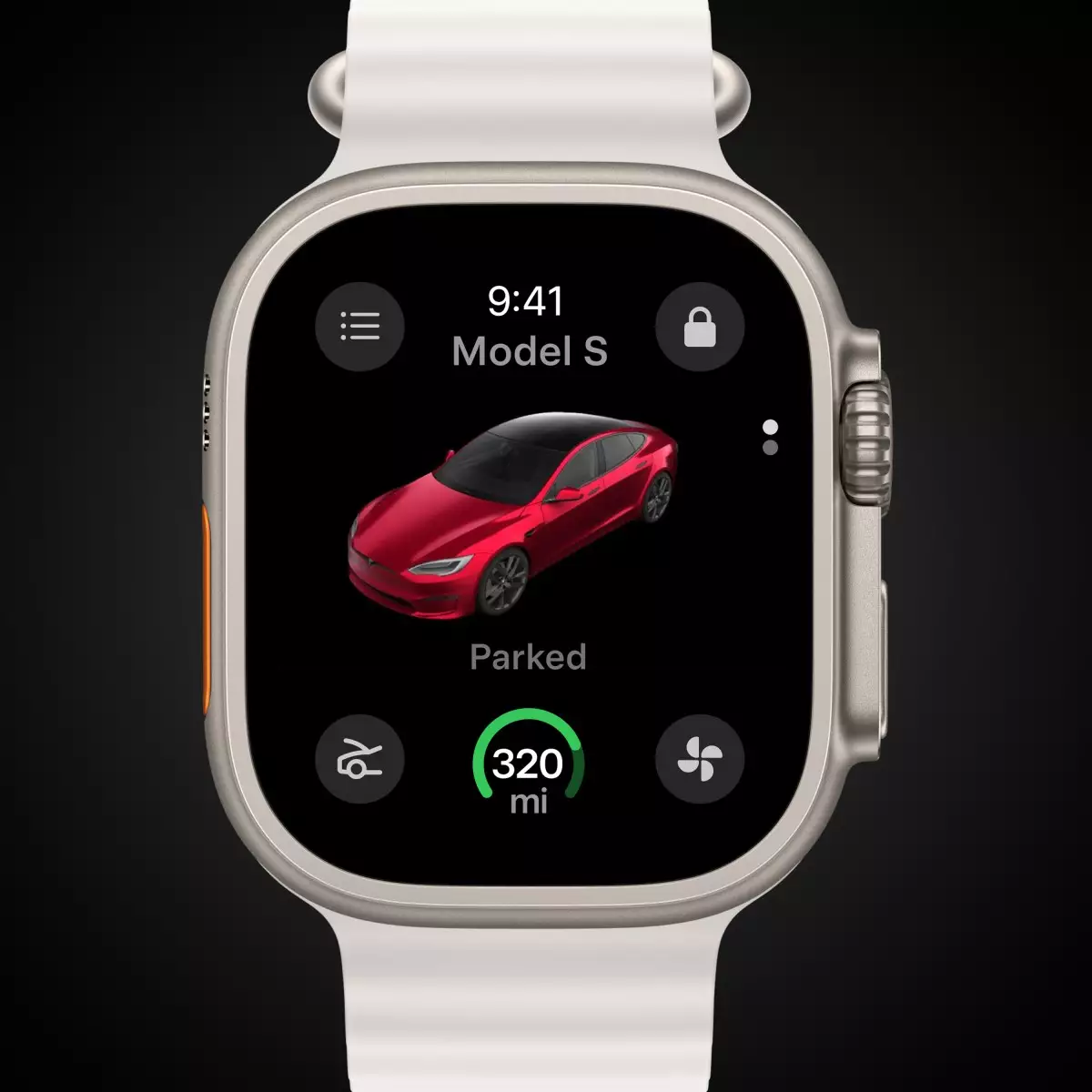The ripple effects of President Trump’s tariff policies have started to resonate deeply within the tech industry, with Apple emerging as one of the most affected entities. Dan Ives, a seasoned analyst at Wedbush Securities, recently issued a stark warning regarding the company’s future amidst escalating trade tensions. According to Ives, the notion of “economic Armageddon” induced by these tariffs poses a significant threat, primarily due to Apple’s substantial reliance on Chinese production. With a staggering 90% of iPhones rolling off assembly lines located in China, any disruption in trade relations could wreak havoc on Apple’s supply chain dynamics.
Such exposure raises critical concerns not only about Apple’s stock performance but also about the long-term viability of its business model in a shifting geopolitical landscape. The recent price target revision from Ives, slashing it from $325 to $250 per share, paints a grim outlook. Apple shares plummeted by over 4% following the announcement, a clear indication that investor sentiment is frail. As the dust settles, the question remains: Can Apple diversify its supply chain swiftly enough to mitigate the stark implications of these tariffs?
Tesla: Caught in the Crossfire
Tesla, another tech giant that Ives revised price targets for, sits precariously at the intersection of technology and politics. The analyst has reduced Tesla’s price target significantly—from $550 to $315—yet this figure still hovers above the company’s current market performance of around $233.94. Here, Ives points to factors beyond mere tariff implications, highlighting CEO Elon Musk’s increasingly contentious political positions. His affiliations and outspoken nature regarding Trump’s policies have turned Tesla into a political symbol, complicating its brand identity.
This entanglement with politics isn’t just whisperings in the market; it translates directly into tangible impacts on sales in both the U.S. and Europe. Brands like BYD in China are reaping the benefits of a growing domestic sentiment that favors local manufacturers, exacerbated by Tesla’s political entanglements. In Ives’ words, Musk must “read the room” and navigate this tumultuous political landscape with greater acuity if Tesla intends to sustain its popularity and market share.
The Weight of Leadership in Uncertain Times
In both cases, the capacious shadow of political leadership looms large. For Apple, the reliance on a single production territory like China is not just an operational risk; it reflects a need for diversified strategies that could insulate the company from global uncertainties. For Tesla, the leadership style of Elon Musk can no longer be framed solely within the context of innovation and vision; it must also account for the company’s social standing and political affiliations that bear on its consumer appeal.
In these turbulent times, both companies face a daunting array of challenges that demand rapid adaptive strategies. The tech landscape is notorious for its volatility, and sticking to an antiquated playbook amid new geopolitical realities may sink even the largest companies. As Ives articulates the need for leadership, it raises an existential question: Are Apple and Tesla prepared to evolve beyond their current trajectories, or will they remain transfixed in the headlights of a rapidly changing world? The stakes are undeniably high, and the decisions made today will set the stage for their futures in an increasingly uncertain market.

